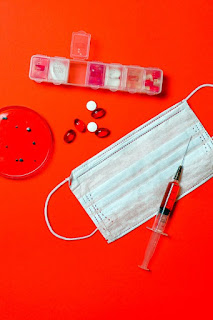Umbilical cord blood or Cord blood is the blood that residues in the placenta, followed by present in the umbilical cord post-childbirth. In many cases, cord blood is collected since it contains stem cells, used for treating genetic orders and hematopoietic.
Examples of diseases which can be treated currently with the help of cord bold
- Solid tumours
- Retinoblastoma
- Hodgkin’s disease
- Multiple Myeloma
- Lymphoma
- Acute myeloid leukaemia (AML)
- Malignancies. Leukaemia
- Blood Disorders
- Other Disorders
Pros. of banking umbilical cord blood
Blood from the umbilical cord can save lives. Because it contains ample stem cells that can mutate into every sort of blood cells, which can be employed to treat harmful diseases that affect the immune system and blood like certain cancers and leukaemia, some metabolic disorders and sickle-cell anaemia.
Post-birth of a newborn child it takes nearly two weeks for the umbilical cord stump to fall off. In the meantime, one must take care and treat gently of their baby’s umbilical cord.
Previously, one used to cast away baby’s umbilical cord (it bridges infant to the mother while being in the womb) after birth, but today many parents stock the blood from their baby’s umbilical cord for future health-benefit of their child.
Advantage of stem cells collected from Umbilical cord blood banking
Stem cells present in cord blood possess much greater benefits than those gathered from blood or bone marrow. It includes-
- Easy collection, safe
Piling stem cells from Umbilical cord blood strikes no health risks for both baby and the mother. But in order to donate bone marrow, one should follow the anaesthesia procedure.
- More matches
Stem cells present in cord blood can operate even though few proteins don’t match.
- Ready to use
Comparatively less processing time required and its get ready pretty quickly for use.
- Greater transplant success
People who undergo stem cell transplant are less likely to face infections or problems.
How much it can cost?
It’s completely free; public cord blood banking (collecting followed by testing, processing and finally storing). On the other hand private banking of cord blood valued between $1,400 and $2,300. Which includes, collecting followed by testing and registering, in addition to its extra charges for yearly storing.

Comments
Post a Comment